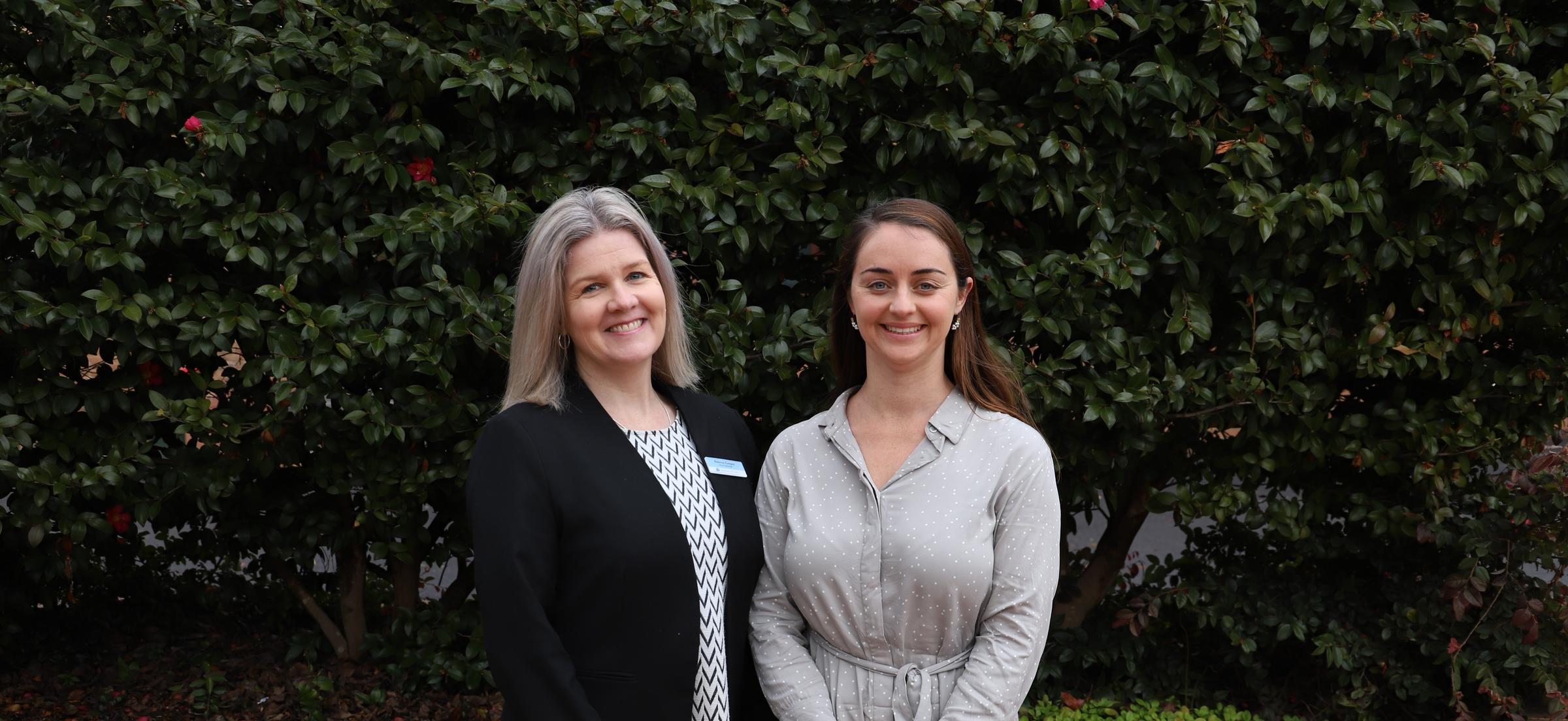Counselling & Psychological Services
Bec Campey and Amy Newsom

Counselling & Psychological Services
Bec Campey and Amy Newsom
As a parent, it can be confronting and uncomfortable to acknowledge that self-injury can occur during adolescence. Understanding this behaviour and feeling equipped with strategies to support your child, should this ever occur, is something you can do as a parent to help.
Self-injury, also referred to as self-harm or non-suicidal self-injury (NSSI), refers to intentionally harming oneself. It is distinct from suicidal behaviour, although they can co-occur.
The School Psychologists, as part of the Wellbeing team, support day school and boarding staff to prevent, manage and respond to self-injury. The School has processes for responding to a range of wellbeing concerns, including but not limited to, self-injury. School Psychologists assist with safety and risk assessments, linking students with external support services where appropriate, and including parents in this process.
If you have concerns about your child’s wellbeing, your first point of contact is your child’s Mentor, Head of Boarding House or Classroom Teacher in the Junior School. School Psychologists can also be contacted directly.
Project Air, a research hub at the University of Wollongong, provides up to date and practical evidence-based strategies in this area.
Key points include:
The new CAPS suite is downstairs in the Anderson Centre. Bec and Amy can be contacted during the school day by email or phone (02 6392 0300).